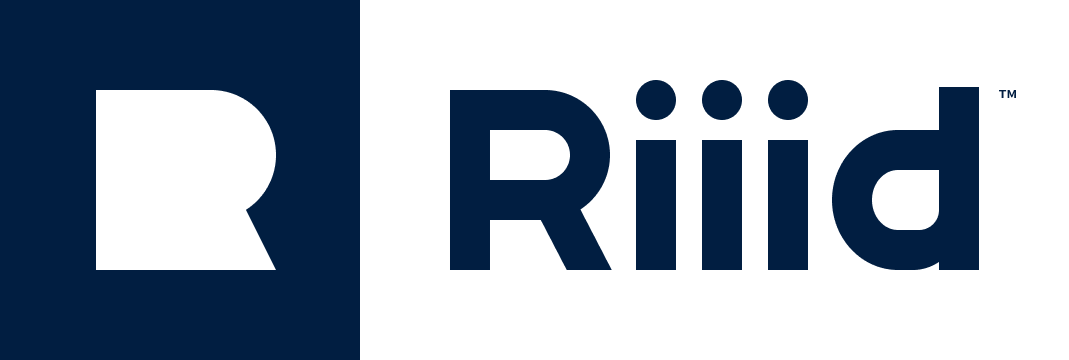Riiid


South Korean EdTech pioneer, Riiid, was founded in 2014 to get rid of inefficiency, inconsistency, and inequality in education.
Riiid's core product is an AI-powered app called Santa which enables preparation for English language proficiency exams. The company is expanding across the US, Japan, South America, Middle East, and beyond - using AI to offer personalized instruction to students globally.
Stephanie Sohn, Product Owner, shares her views on how the company is delivering on its vision.
Those three 'I's are inefficiency, inconsistency, and inequality. The inefficiency in education is most apparent when every student is made to solve the same problems – forcing some students to continuously cover ground they already know well instead of focusing their efforts on the areas in which they need to improve.
When we're talking about inconsistency, we're discussing the disparities in the quality of education from source to source. That quality can change between different districts or schools, or even between individual teachers at the same school.
Finally, by inequality we mean when the differences in educational outcomes – like grades, pass rates or even future jobs – are determined by wealth rather than the ability of the individual student. Education should be a meritocracy; it should come down to an individual's ability rather than the size of their wallet.
The Test of English for International Communication (TOEIC) is a standardized language proficiency exam for non-native speakers. It is designed to evaluate the everyday English skills of people working in an international setting. Your score has a big impact on your ability to get jobs with prestigious companies.
Our core product, Santa, is an AI-powered app tailored specifically to help people prepare for this exam.
Santa is incredibly efficient. It designs questions and learning paths based on an individual's user data. It strips away redundant problems, ones that learners will have no problem with, to avoid wasting time on pointless repetition. Instead, it focuses on problem areas, helping to quickly address any obstacle in a learner's progress.
The technology tailors and delivers the questions to each student, maintaining a consistent level of high-quality educational support at an affordable rate.
In the last 10 years, over five million learners worldwide across all age groups have used Santa to sharpen their English language skills. Our platform helps them to identify where they stand in their learning path so that they can study more efficiently. Not only do they end up with better scores; they also get time back to spend on other pursuits. On average, Santa users have boosted their TOIEC scores by 150 points: 75% have achieved scores above 700 out of 990, a benchmark for professional competence. What's remarkable is that our customers have achieved this improvement by using the platform for an average of just 30 minutes a day for less than three months.
We're developing an application called R.Eddy to support learners with their reading and writing skills. It shadows students as they learn, discretely observing and interacting with them.
What I find really interesting is how R.Eddy assists students proactively by offering questions and guidance whenever they pause during their assignments. It's like having a private tutor. Our goal is to provide this AI teaching assistance across a wide curriculum in public education.
Most fears seem to stem from things like biased data or moving away from genuine human interactions, but I remain very optimistic.
Our approach acknowledges the importance of humans in the learning process. It gathers interaction data from humans rather than solely relying on data generated by AI.
I started working in education before I transitioned into EdTech. What initially attracted me to education was the variety and complexity of its challenges. It's an area where AI can make a huge difference by simplifying inherent complexities and personalizing education – quickly and affordably.
At Riiid, our goal is to give everyone an equal chance to succeed. When we break down barriers and make learning inclusive, we help people move forward in their lives. We believe that true happiness comes from ensuring that nobody gets left behind.
So SoftBank's way of thinking is something I personally connect with and that aligns with Riiid's goals.
In the future, AI will help to offer high-quality, personalized education to learners of all backgrounds, regardless of their circumstances. People will have AI in their homes, helping them to learn in any environment, taking on the roles of teachers and teaching assistants.
While I think that schools will undergo drastic changes, I believe that classrooms will still be part of the educational landscape because people value interpersonal interactions in learning. Collaborative learning experiences will still be important to help students expand their knowledge.
Bold. Transformative. Inspired. SoftBank has been partnering with extraordinary entrepreneurs to build lasting companies for more than 25 years.Tincidunt magnis sed lacus tortor. Et duis mollis id adipiscing. Platea eros mauris ullamcorper ullamcorper egestas hac. Eu ante duis dignissim bibendum integer ac. Facilisi enim sodales est dui. Blandit est interdum at enim. Massa mattis ullamcorper metus habitant senectus dictum porttitor et.

Education & learning
Alex Hatvany,
Co-Founder at Atom Learning

Education & learning
Ashwin Damera
CEO

Education & learning
Stephanie Sohn
Product Lead at Riiid

Education & learning
Alex Augosto
CEO

Education & learning
Nick Hernandez
CEO